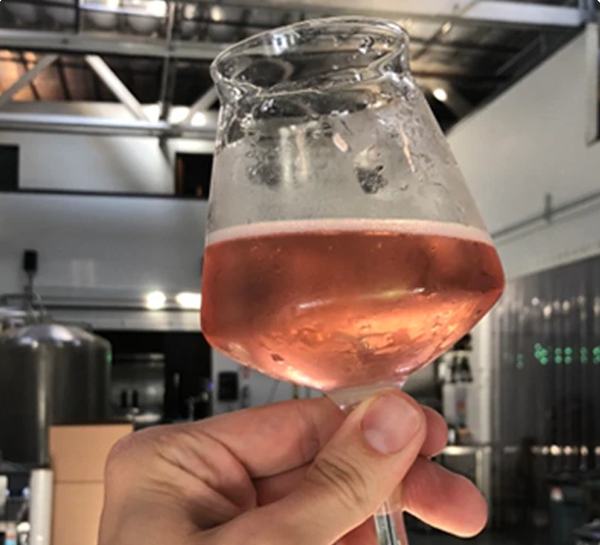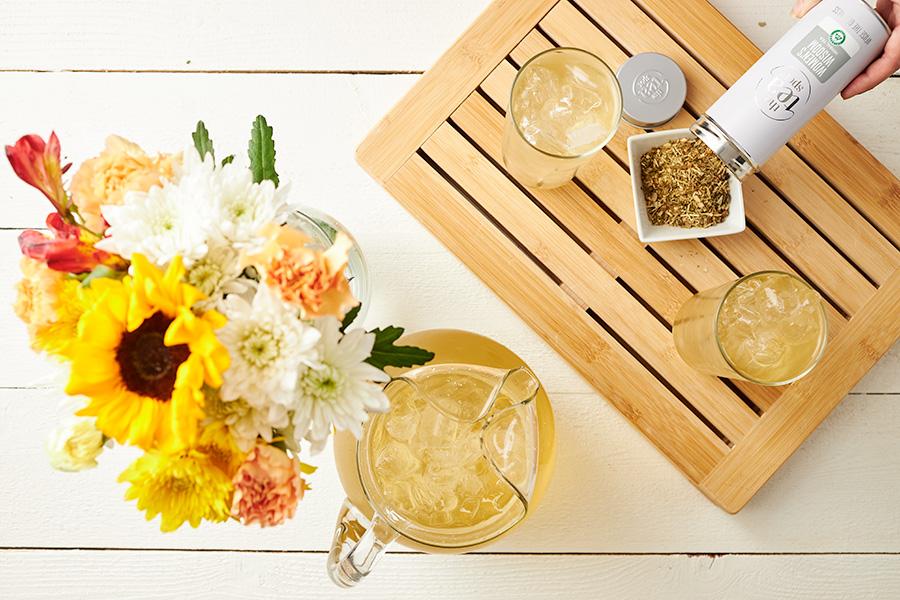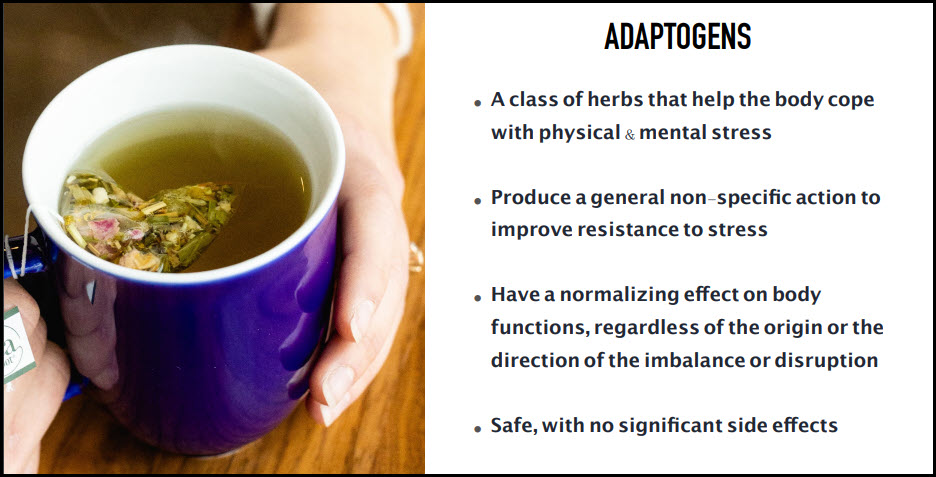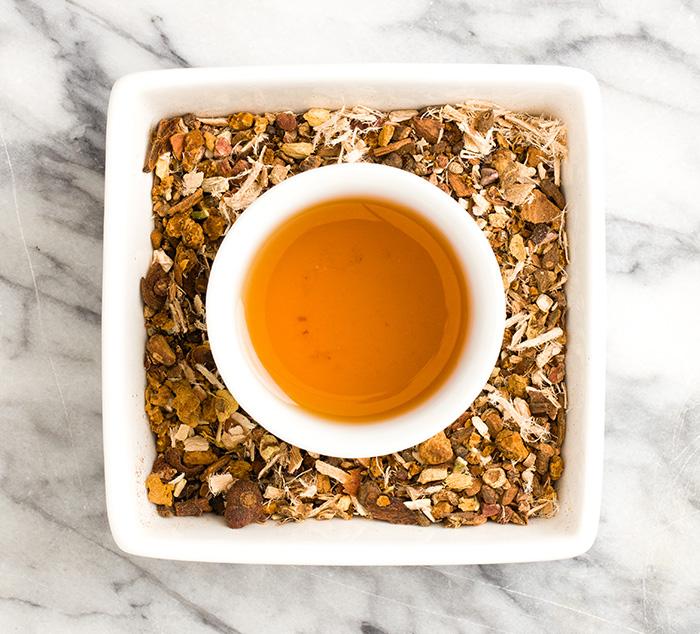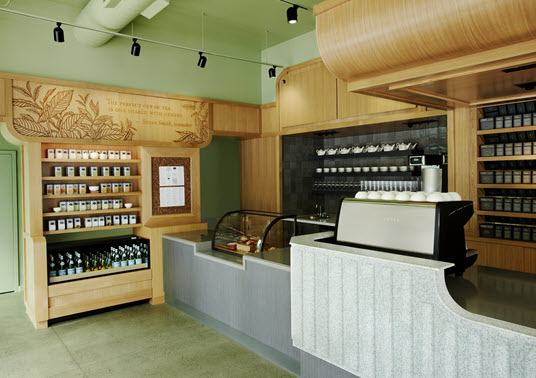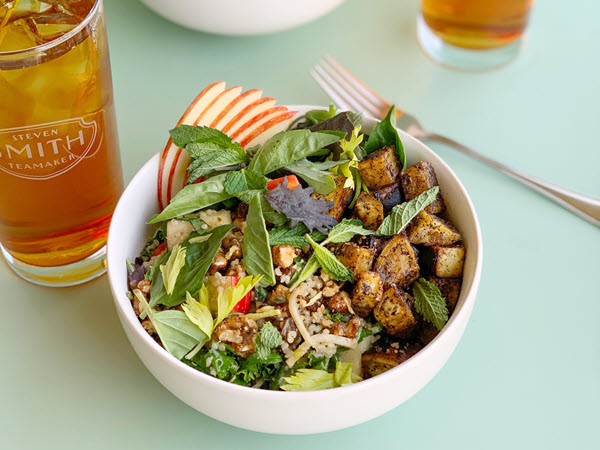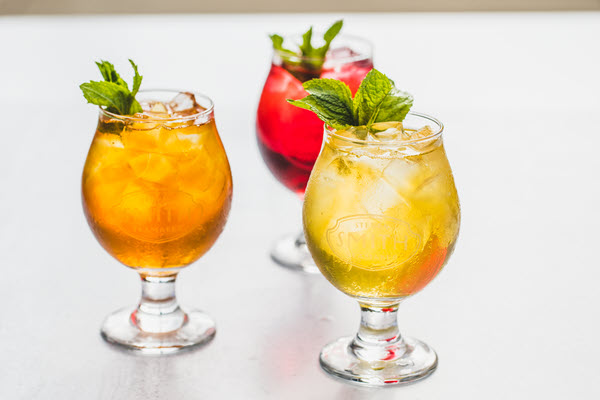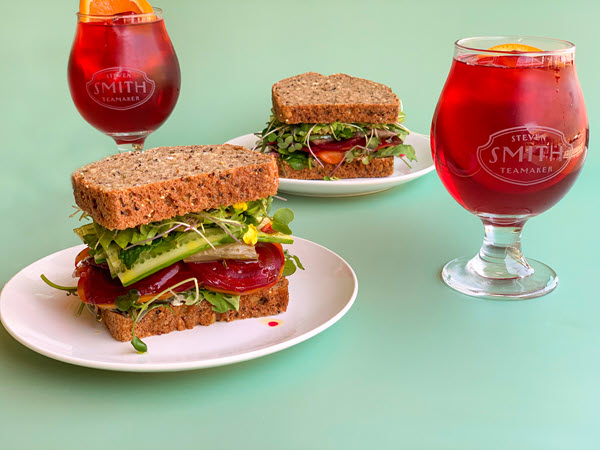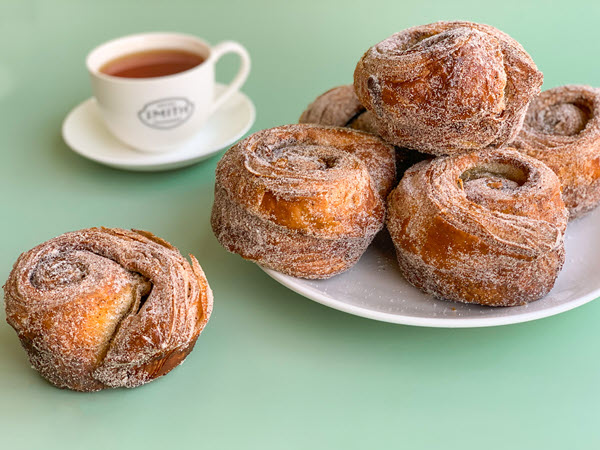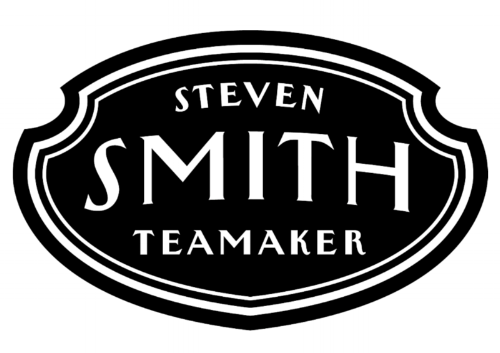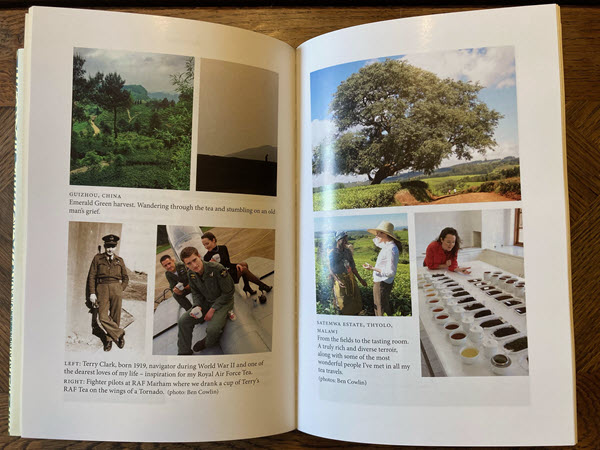
Tea Day e-Auction Highlights Boutique Teas
Buyers seeking quick turn-around of fresh tea from specialty and smallholder gardens in India bid record prices at a the first International Tea Day auction, the latest of 1.3 million kilos of tea traded since June 2020. All teas on offer were plucked May 21.
The e-Marketplace at Jorhat is cloud-based making it accessible to buyers around the world.
There are currently six auction centers in physical locations, each run by a separate committee which acts as the auction organizer, all sharing an electronic auction system pioneered by the Tea Board of India. About 500 million kg of tea out of India’s annual estimated at 1,350.
“We created India’s first e-marketplace for buying and selling bulk tea. Along similar lines, we want to develop an international e-marketplace where foreign buyers can directly buy fresh tea from the gardens in the shortest possible time with complete transparency” says mjunction managing director Vinaya Varma.
The International Tea Day Special Auction on June 21 was organized by mjunction Services, India’s largest B2B e-commerce company. The e-Marketplace launched last year amidst the lockdown. India offers a wide bouquet of teas across the year and ships regularly to more than 90 countries. At a webinar on the occasion of International Day, Indian Tea Association Chairman Vivek Goenka said that India has set an export target of 300 million kg by 2023 — a 20% increase by next 2-3 years.
Mjunction is an equal joint venture of Tata Steel and SAIL (the Steel Authority of India), is India’s largest B2B e-commerce company and a leading e-marketplace for steel in the world. Since inception in 2001, mjunction has e-transacted over INRs 1,053,663 crore ($142 billion) on its various e-platforms (an Indian crore is currently valued at $135,000 USD).
Varma said there is a lot of excitement amongst stakeholders on the teas offered in the special auction and have got tremendous response and fetched some record prices. “More than 93% of the total teas on offer got sold. Buyers had logged in from Assam, West Bengal, Delhi, Gujarat, and Rajasthan,” he said.
Nilesh Divekar of Shangrila Enterprise, who purchased Pabhojan Orthodox at Rs 4,000 per kg, said he appreciates the efforts of the mjunction team to provide such a platform where best of the teas are available fresh and in small quantities without any hassles.
Most of the best marks of Upper Assam like Hookhmol, Lankashi, Diroibam, Aideobari Premium, Muktabari, Rungliting Tea Estate, Narayanpur Panbarry, Durgapur, Tirual, Arin, Kathonibari, Friends Tea and Pabhojan participated.

Pabhojan Orthodox tea was sold at a record price of INRs 4,000 per kg. Diroibam Speciality Green tea was sold at INRs 1000 per kg, and a Hookhmol CTC tea fetched INRs 510 per kg – also record prices in their respective categories.
Rakhi Dutta Saikia of Pabhojan Organic Tea Estate lauded mjunction’s efforts on the occasion. “I am very happy that Pabhojan has fetched a record price, and hope the mjunction platform continues the good work,” she said.
Dr. Nazrana Ahmed of Diroibam Tea Estate, whose Green Tea was sold at INRs 1,000 per kg, said, “Today’s special auction is of special significance to us, as we have received the highest bid for our Specialty Green Teas. We are happy with the professional approach of the mjunction team and the trust reposed on the platform by the buyers.”
He said the company is trying to make small tea growers’ tea available to the connoisseurs of tea worldwide.
“Our Jorhat office is in constant touch with the small tea growers segment. There is a lot of interest from STG to be part of our platform.
We are very well aware of their struggle and contribution to the tea industry in Assam as well as the rest of the country. “mjunction is also very well aware that many of these small tea growers are producing some of the finest handcrafted tea in the country. Some of the tea is also organic and there is a huge demand in the world market for such tea” he said.
He said in one year, it has been able to bring a lot of buyers and sellers who have been outside the purview of auctions till now. There are many first-time tea entrepreneurs who are now associated with our platform.
“We hold weekly sales. Our first sale was on June 1, 2020 and since then we have not dropped a single weekly sale. During the past year the e-Marketplace connected with hundreds of sellers and buyers across the country, fetched some record prices and received offerings of more than 1.3 million kg of tea from Assam, Nagaland, and Arunachal Pradesh. Nearly 300 stakeholders, consisting of major tea buyers and sellers, are registered in this tea e-marketplace.
“The founding principles and processes of our e-marketplace and Tea Board are different, so a comparison is not really possible,” he said.
The event organized by mjunction elicited positive response from buyers and sellers alike. Kamal Sharma and Pradeep Sharma, Directors of Tea World who purchased Hookhmol CTC from the platform at INRs 510 per kg, said, “With shorter cycle time, teas sold on the mjunction platform are the freshest. We are pleased to have bagged Hookhmol. We have had our own packet with brand name Shree Mangalam since 2002, and we are committed to give our customers the best of Assam tea.”
“While the pandemic hit the industry adversely, it has also given us a chance to let go of inefficient and archaic systems. If we look around in the last one year, the adoption of technology and digital platforms has been wide, deep and rapid. Similarly, the industry leaders must think of ways to include technology in plantation, manufacturing, trading etc while focussing on delivering quality produce.
“I am optimistic about the Indian tea industry picking up using new-age processes and technologies,” he said.
“Many specialty tea producers from North East India have approached our Jorhat office for inclusion. We are going to have separate catalogues for specialty teas and we are expanding our buyer base of Speciality teas” he said.
He said the company will shortly be introducing Buyer and Seller Finance. Again this will be a first of its kind in the industry, as this shall be provided through the platform in a transparent manner. “We are also planning a B2B bulk packet platform, where single-origin and other packeteers may directly sell to retailers across the country, without intermediaries,” he added.
The company is focused on bringing down the sales cycle-time and making freshly produced tea available in the market, directly from the producing region in the shortest possible time. “We want to make the supply-chain efficient, and ease up the working capital burden of the stakeholders,” Varma added.
Share this post with your colleagues
Signup to receive Tea Biz weekly in your inbox.



